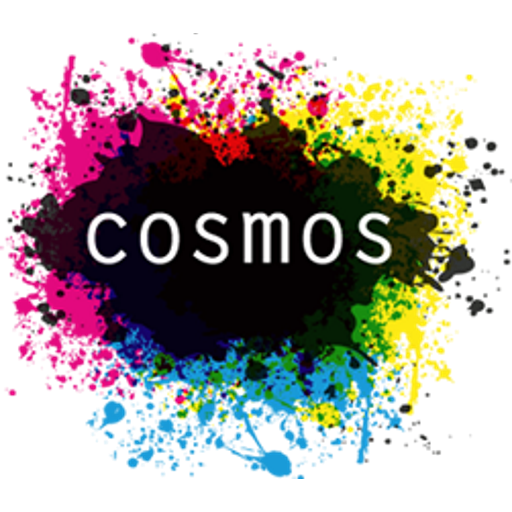
Environmental social movements have historically focused on opposition to “environmental bads” like pollution and the promotion of “environmental goods” like green space or local food. Put differently, they have engaged in ‘resistance’ and ‘alternatives’ to advance a more sustainable society. Yet with the rise of sub-politics (Beck, 1997) , life(style) politics (Giddens, 1991) , and sustainable materialism (Schlosberg & Coles, 2016) some have observed that this balance might be shifting towards alternatives. Concurrently, there has been a growing interest in the relation between alternatives and resistance. Specifically, to what extent are (changes in) these modes of environmental activism related to each other, and what mechanisms may constitute negative or positive relations between them? In various case studies, we find descriptions of both, but the literature has so far lacked a more systematic analysis and conceptualization of these relations.
Based on existing literature and original qualitative research on two prominent British environmental movement scenes (Manchester and Bristol), this presentation outlines the various ways in which both positive and negative relations have emerged between alternatives and resistance; at the level of individuals, groups and scenes, and involving tactics, resources, opportunities, and biographies. It thereby aims to outline a research agenda on the interconnectedness of environmentalists’ diverse strategies towards tackling some of today’s most challenging problems.
Journal Article - 2025
Journal Article - 2023
Journal Article - 2023
Journal Article - 2023
Journal Article - 2023
Monograph - 2023
Monograph - 2022
Monograph - 2022
Journal Article - 2021
Journal Article - 2021